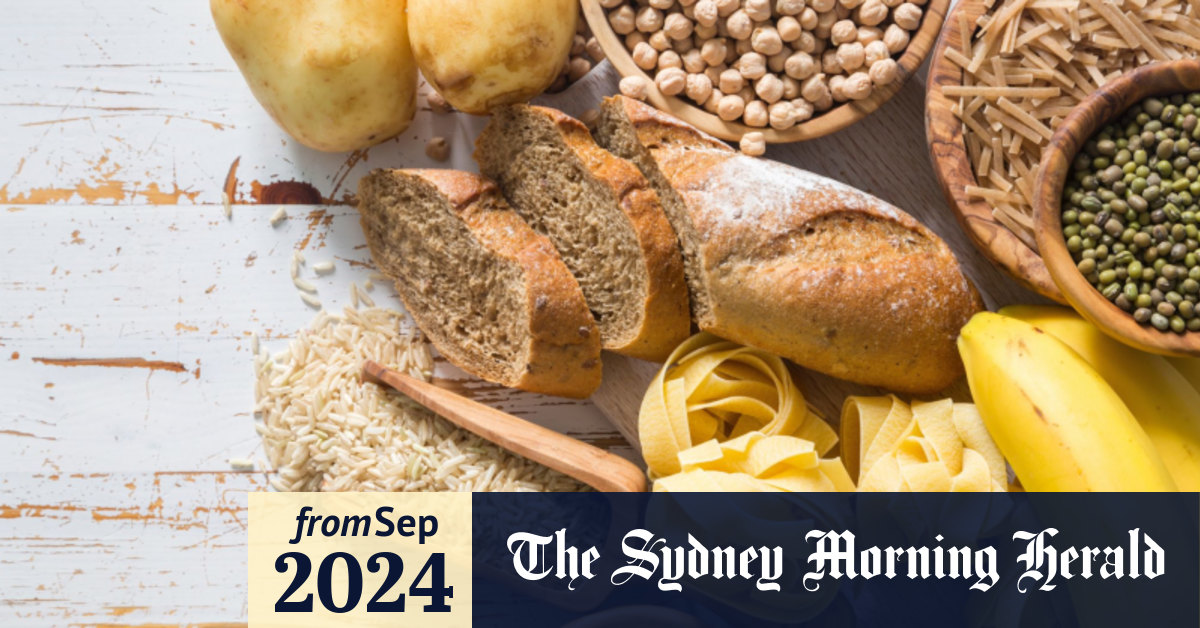The participants’ health was reviewed three times during this time period, with almost 26,000 participants still involved at the end of the 17-year trial, conducted in collaboration with Cancer Council.
The team analysed the percentage of carbohydrates in the diet and related it to the risk of developing type 2 diabetes later in life.
It found that those whose diet consisted of 38 per cent carbohydrates had a 20 per cent increased risk of developing type 2 diabetes – even when adjusted for obesity – compared with those whose diet included 55 per cent of carbohydrates.
Jane Robinson, a dietitian and education program manager at Diabetes Victoria, said the research was a valuable addition to the carb-fat debate.
“Whilst the findings of this study are interesting, this study focused on the total amount of carbohydrate that people were eating, it did not examine the types of actual foods that people were eating to make up a lower or higher carbohydrate intake,” Robinson said.
“By reducing the amount of carbohydrate in the diet, there is likely to be an increase in fat consumption, which can lead to weight gain and hence diabetes risk, as witnessed in this study.
“Eating fewer carbohydrate foods also reduces the intake of wholegrains, fruit and dairy products, which may be protective in developing type 2 diabetes.”
Loading
Robinson said recommendations to reduce the risk of type 2 diabetes included increasing healthy fats, wholegrains, dairy foods, fruits and vegetables, while reducing saturated fats and refined grains and limiting fat, sugar and salt, including processed meats and sugary drinks.
Kevin Edwardes was diagnosed with pre-diabetes in his early 20s and advised by a dietitian to cut out carbohydrates from his diet and increase his intake of saturated fats.
“I was actively encouraged to eat bacon, more chicken,” Edwardes, now 59, said.
The teacher from Cheltenham in Melbourne’s south-east said he put on weight following this advice and was diagnosed with type 2 diabetes in his mid-20s. He received similar advice in his mid-40s.
Edwardes is now dependent on insulin. He is unsure whether the advice he received about a low-carbohydrate diet and saturated fats sped up his development of diabetes.
“Everyone says what they think is best practice based on what they believe at the time,” he said.
“I hope the GPs and dietitians are keeping up to date with the latest research.”




